Long hours spent working at home in front of the screen not to mention an increase in Netflix binges for some of us could be having an impact on our eyesight.
Editor Jane Garton shares some lifestyle tweaks we can make to help keep things in focus.
Eat well
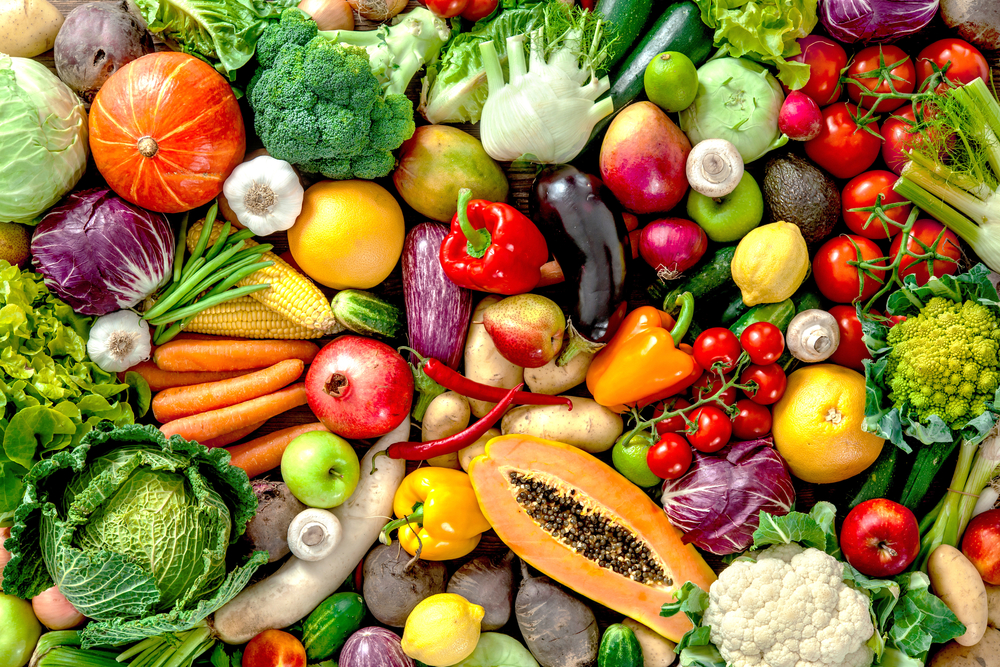
The most important nutrients for optimum eye health are vitamin A, vitamin C and vitamin E and the minerals zinc, selenium and copper. In addition, the carotenoids lutein and zeaxanthin, essential omega-3 fats (especially DHA) and the plant polyphenol resveratrol also support eye health.
Loading our plates with a rainbow of fruit and vegetables is the ideal way to reap the benefits. The best sources of lutein and zeaxanthin include dark green leafy veg such as broccoli, cauliflower, sprouts and kale as well as brightly coloured orange and yellow fruits such as oranges and tangerines. Include oily fish, lean meat, eggs, nuts and seeds for their omega-3s and minerals.
Eye protection

On bright sunny days, even in winter, wearing sunglasses is a must. The reason? Repeated exposure to invisible UVA and UVB rays in sunlight can harm your eyes and may increase the risk of cataracts and macular degeneration. They can also damage the delicate skin around the eyes as you grow older and cause skin ageing. Make sure sunglasses carry the CE mark and British Standard BS EN 1836:2005 so you know they give 100% UV protection (beware fake sunglasses with fake markings).
Limit screen time
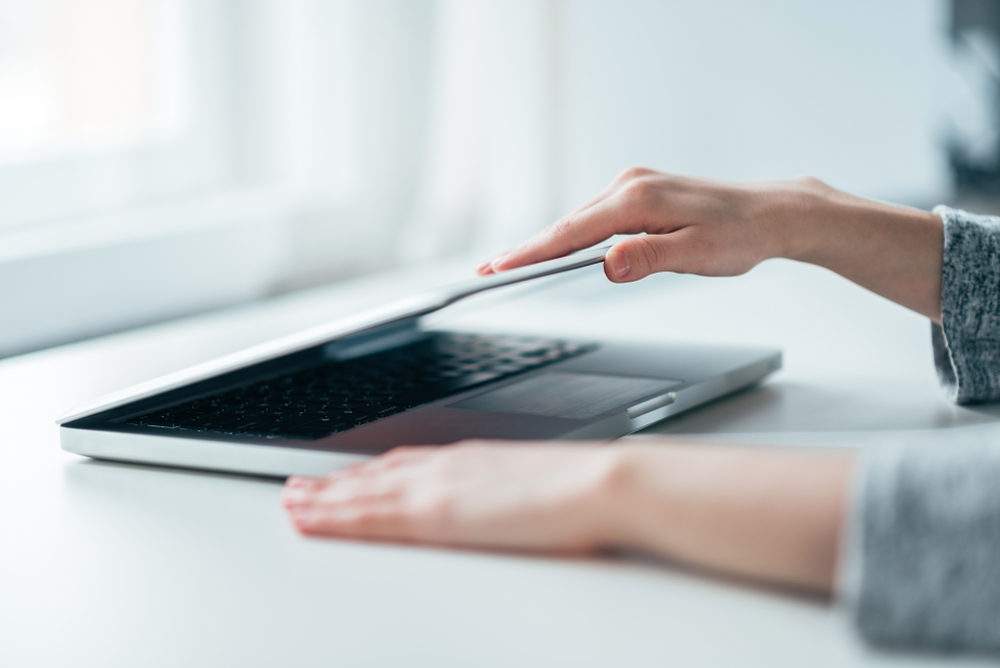
Latest thinking is that spending long hours in front of your phone or computer doesn’t in itself damage eyesight but uninterrupted screen use can make eyes feel sore and tired. The expert advice is to follow the 20-20-20 rule: after 20 minutes in front of the screen look away for at least 20 seconds at something 20 ft away.
Manage dry eyes
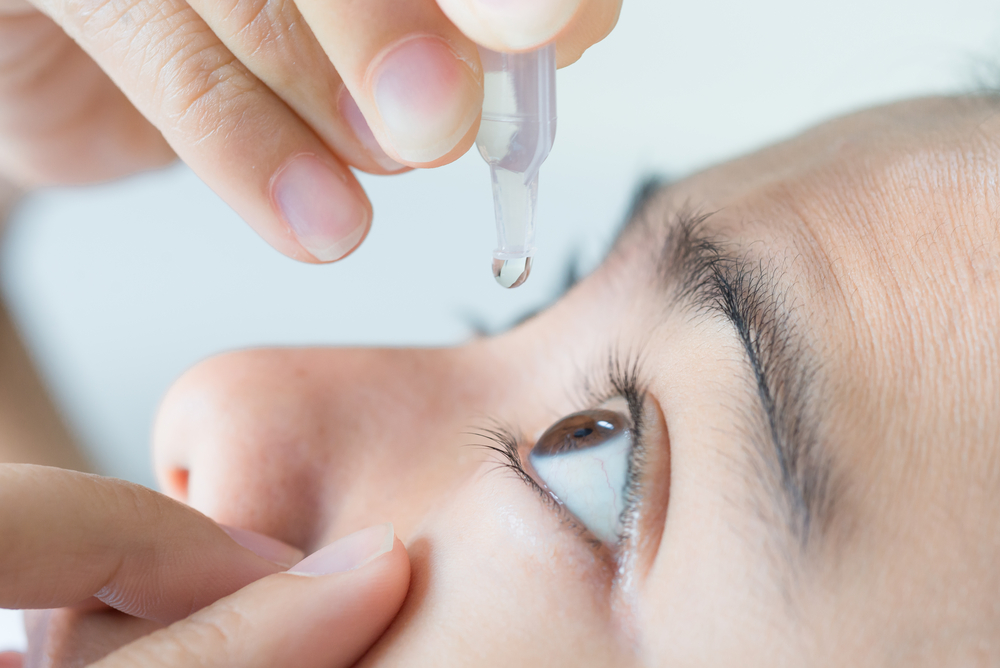
While dry eyes can affect any of us – and digital eyestrain is a major cause – it seems to be more common in women, contact lens wearers and with age. Again you need to follow the 20-20-20 rule (see above) and if it becomes severe see your optometrist who can advise on the best drops, cream, mist or gel to bring relief. If you are working in an air-conditioned or centrally heated office it’s a good idea to keep a bowl of water or humidifier close to hand.
Cleanse well
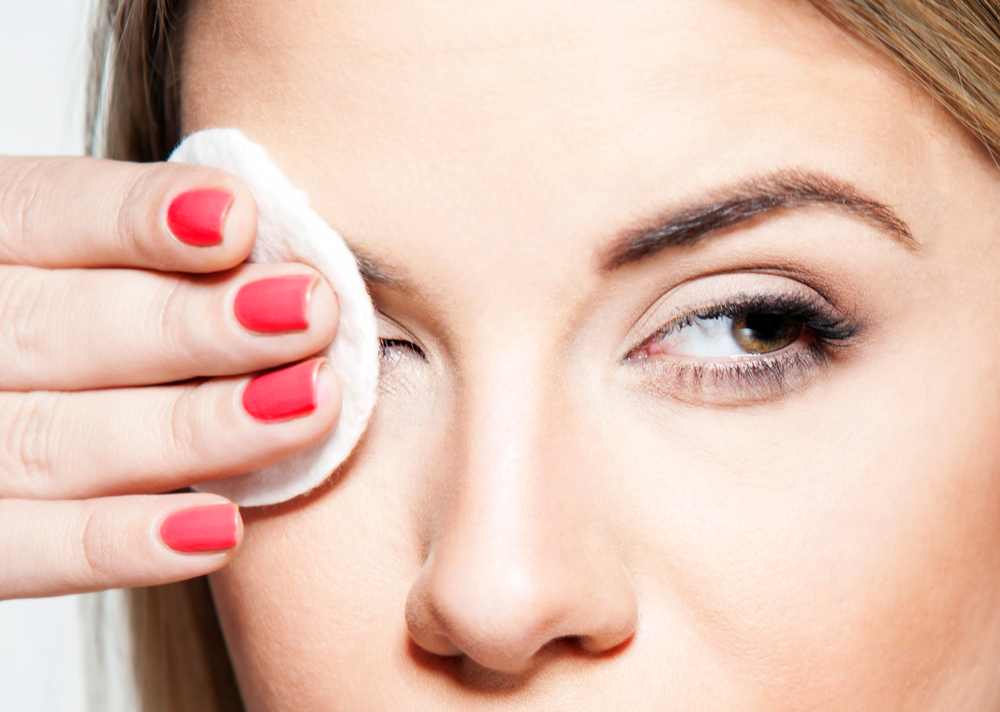
A build-up of mascara or eyeliner on the lower lid can over time block the glands that secrete the oils that mix with tears, increasing the risk of eyes becoming dry. This doesn’t mean ditching your eye make-up but it does mean removing it meticulously at the end of the day. It’s also wise to avoid sharing make-up and to check expiry dates on mascaras and throw away if past it.
Test regularly
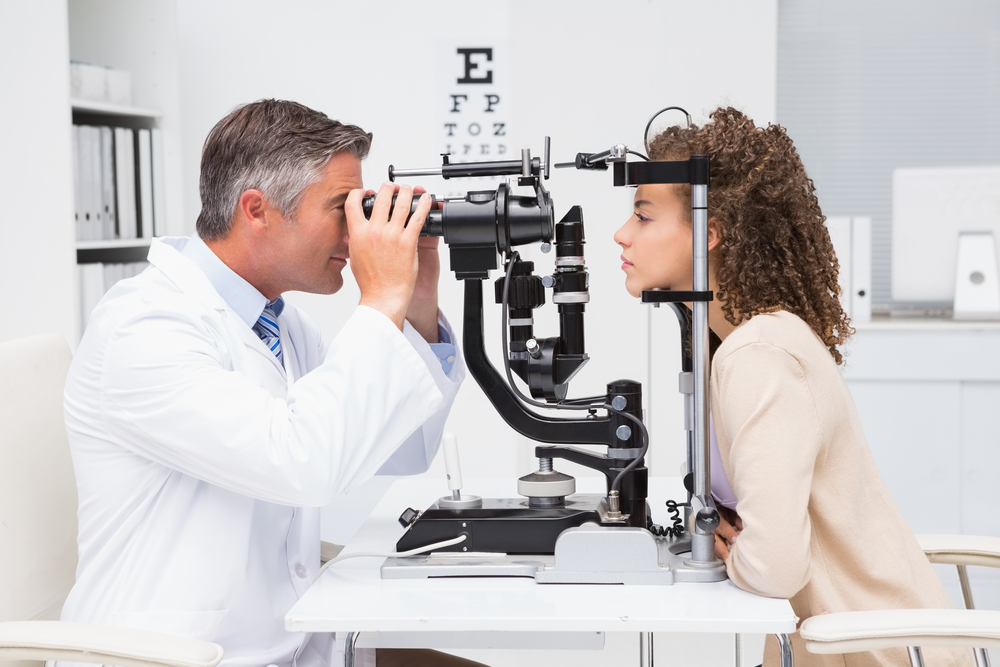
You should get your eyes tested every two years unless advised otherwise by your optometrist. Think of it as an on-going health check as important as your dental check-ups. And remember an eye test doesn’t just check for changes in your vision. It can spot early signs of serious conditions such as glaucoma, cataracts, macular degeneration, eye and skin cancer as well as high blood pressure and diabetes.
Consider supplements

Certain herbal supplements may help improve the tone and strength of eye tissue. Bilberry extracts contain substances known as anthocyanoides. These act as powerful antioxidants in lens and macular tissue and can also strengthen connective tissue, improving blood flow to the area.
Eyebright has also been used for centuries to treat eye-related problems and is worth considering especially if eyes are tired and itchy.

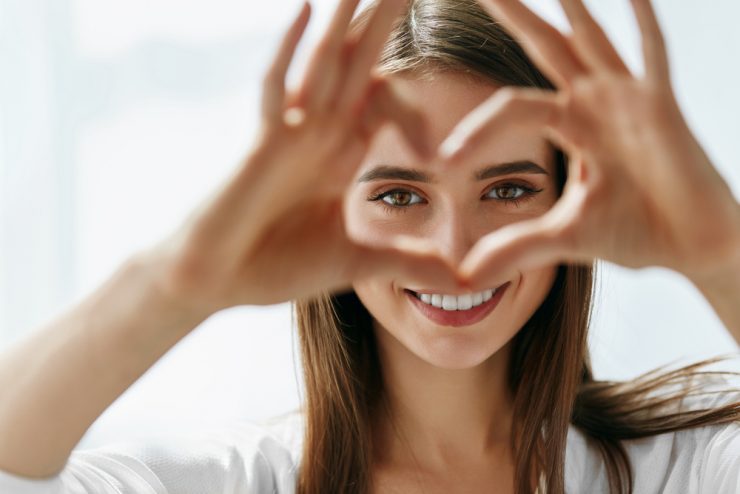






















Add comment